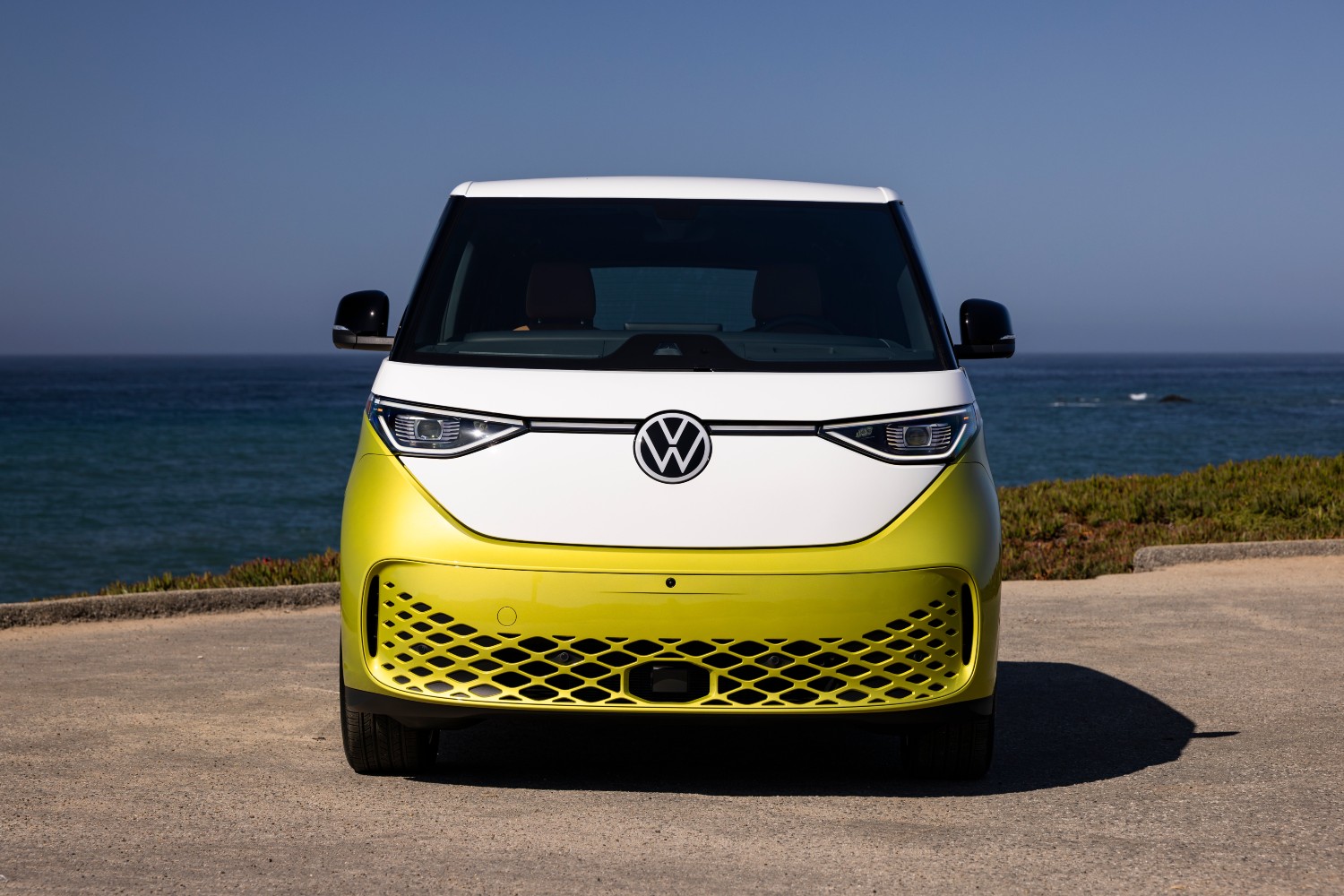Earlier this year, Volkswagen and Rivian announced the establishment of a strategic partnership. At the time, Volkswagen Group CEO Oliver Blume explained that the purpose of the joint venture was “to create a leading technology architecture” for upcoming EVs from both companies. Now, as Autoweek‘s Jay Ramey reports, that collaboration has made its formal debut.
What do both companies gain from the project? There’s a financial component to it: Autoweek reports that Volkswagen is on track to invest $5.7 billion in their partner between now and 2027. But there’s also the (very big) question of what the EV market in the United States will look like in the coming years. At the time that Volkswagen and Rivian announced their strategic partnership, there was not a president-elect who’d vowed to eliminate the federal tax credit for electric vehicles; now, there is.
Still, there are some encouraging signs in the EV market if you know where to look. There’s also the wild card of how Elon Musk’s proximity to a second Trump administration could shape its policy regarding electric vehicles.
Rivian and Volkswagen each face unique challenges in this evolving market. For the former, that involves raising awareness of their own brand and convincing car buyers to take a risk on a recently-founded company. For the latter, there’s the difficulty of getting existing VW drivers to give electric vehicles a try.
Rivian Getting Into the Pre-Owned Market Is a Good Sign
An EV startup takes a cue from legacy automakersEstablishing a connection between the two companies could benefit both. An association with Volkswagen could give startup-cautious drivers more confidence in buying a Rivian, while the enthusiastic reviews Rivian’s gotten for its EVs could end up bolstering VW’s credibility in the electric vehicle space as well. The months and years ahead are going to be especially challenging for EV manufacturers, so it’s not surprising to see two opt for strength in numbers.
This article was featured in the InsideHook newsletter. Sign up now.
